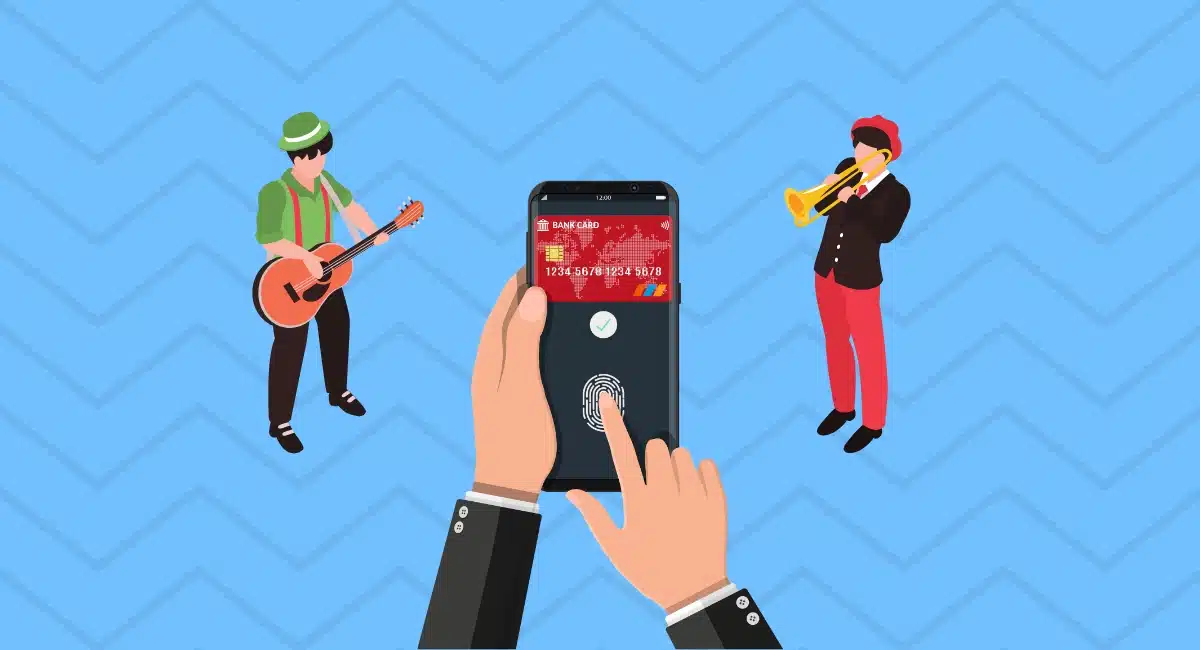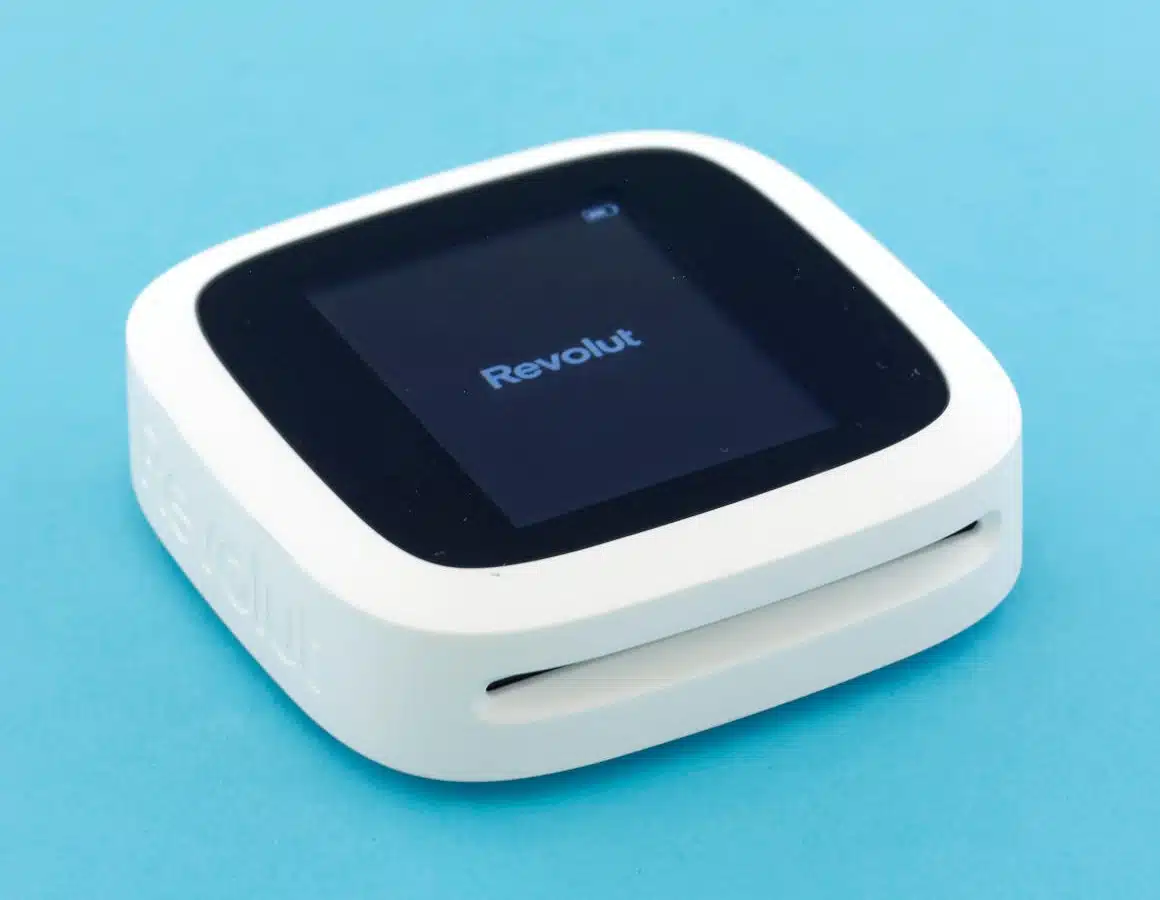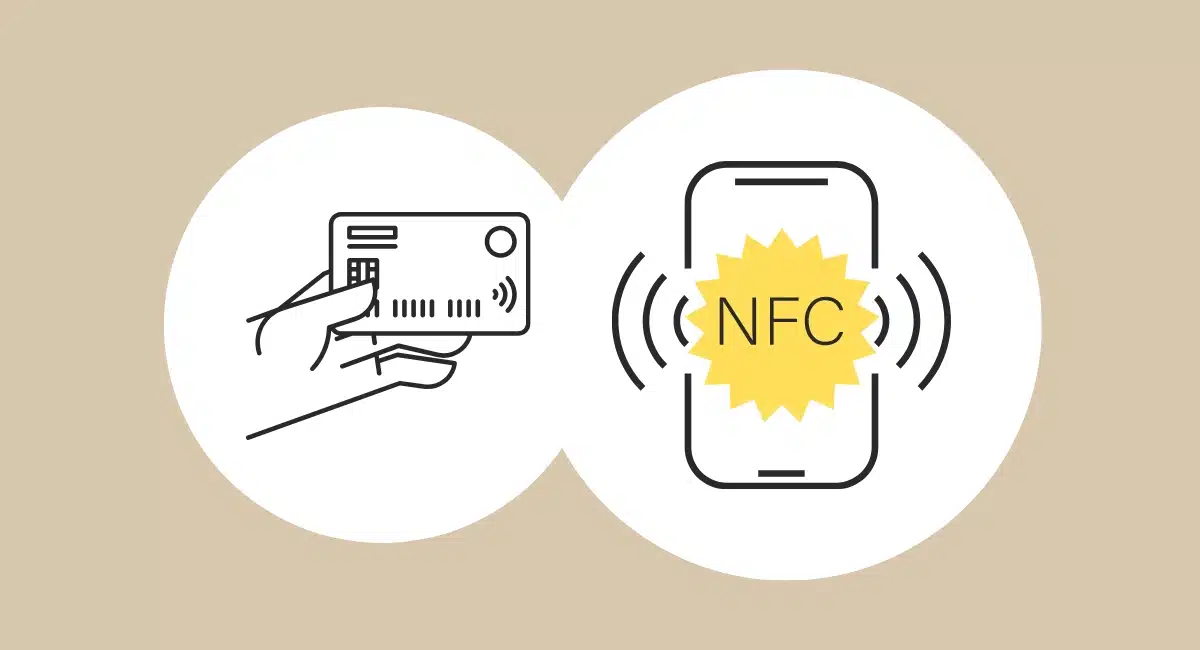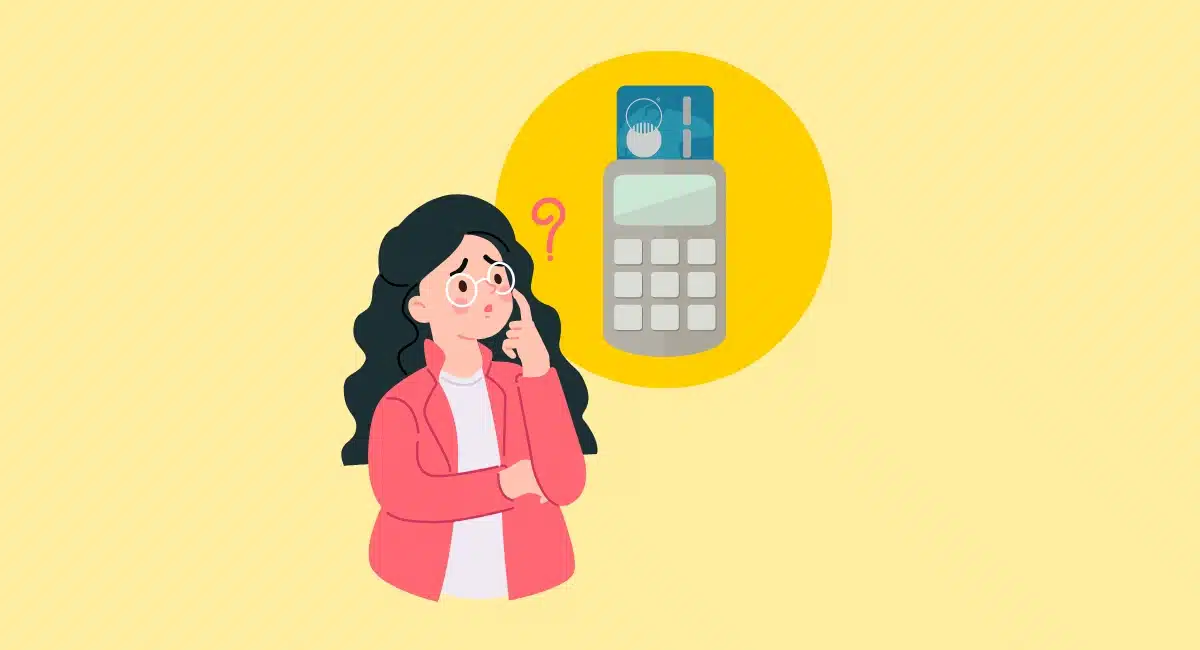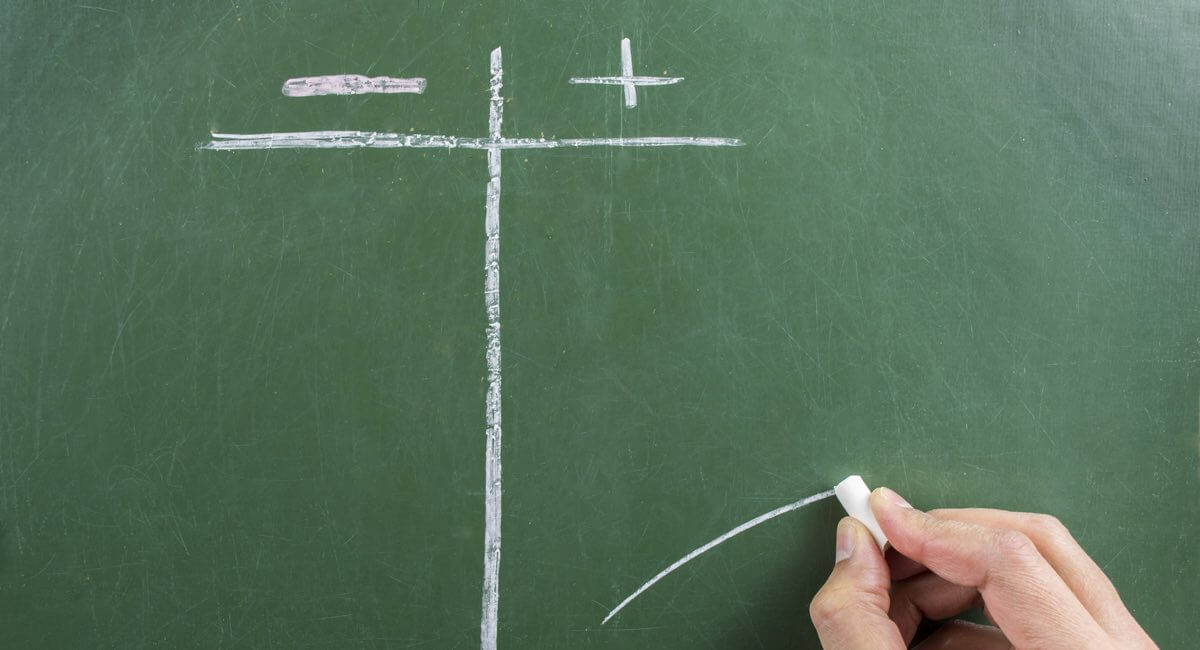Street musicians, performers, entertainers and buskers all rely on accepting money from passersby to make a living.
Most people in the UK no longer carry cash to donate, so it’s important to find a way to receive payments other than coins and banknotes.
Let’s have a look at the requirements and options for accepting cards as a busker.
First things first
The alternative to cash is card payment acceptance, which can happen in different ways.
Buskers need to register as a freelancer to accept cards, since private individuals cannot sign up with card acceptance solutions. Payment companies abide by strict card industry rules, which involves checking your business status and reason for taking payments.
It’s therefore important to have a business or sole trader registration and communicate your intent to accept busking donations (some solutions don’t accept donations-based income).
When these conditions are met, you can choose between different methods of payment. For example, there are card readers that work with an app, or QR codes that customers scan to pay a donation on their phones.
Considerations when picking a solution
When picking a solution, consider if you have to push buttons or prepare a transaction before each donation. You don’t want to worry about doing anything fiddly mid-song, so transactions should be ‘self-service’.
Another consideration is the pricing structure. Unfortunately, you have to pay transaction fees for card payments. To avoid it entirely requires asking for a bank transfer (bit of a hassle) or using app-to-app solutions like PayPal.Me with a Personal account (intended for private use).
For small amounts, it’s better with a fixed percentage rate instead of a fixed fee per payment. Most passersby pay small amounts like £2, so a fixed fee of e.g. 25p is a significant chunk of that (12.5% of £2), as opposed to a single fee of e.g. 1.69% (less than 4p of £2).
Last but not least, we recommend picking more than one solution. The general public is diverse, and people like to pay in the way they prefer. This might mean displaying 2-3 QR codes or offering both contactless taps and QR codes.
Based on these considerations, we’ve selected the following best apps for taking busking donations in the UK.
SumUp: best value and lowest fee for QR code payments
Known for its card readers, SumUp also lets you print QR codes that street entertainers can place on the ground for donations.
SumUp does not have a repeat payment feature making their card readers or tap-on-phone constantly ready for donations. You’d have to enter each transaction on their terminals or in SumUp App, which is not practical during performances.
That is why we recommend SumUp’s QR code payments instead. These have a transaction fee of 1.69% – no fixed fee. This percentage rate will make the cost of a £2 donation about 3p. SumUp may even charge nothing for QR code payments during promotional phases.
All you have to do is display the QR code. A person can then scan it with their phone, enter an amount and pay online. Visa, Mastercard, American Express, Discover, Diners Club and UnionPay are all accepted for the same fixed rate.
To get started, there’s only an online form that takes 5-10 minutes to complete. The account has to connect with a bank account in your business or sole trader name to receive payouts within 2-3 working days. You also get a SumUp Business Account where payouts can go the next day, including weekends.
SumUp App lets you monitor transactions, accept other payment types and even create a basic online store for selling merchandise. None of these features have a monthly cost; there’s just the transaction fee.
Revolut Pro: freelance account with payment tools
Revolut has launched one after the other payment feature for account holders, so it’s now a comprehensive solution for payment acceptance.
Buskers should go for Revolut Pro (free plan available), intended for side hustlers, sole traders and other freelancers. It has multi-currency accounts, Tap to Pay on iPhone, QR code payments and easy bank transfers to use with clients.
It’s possible to buy a card reader, but like contactless taps on your iPhone, it requires manually entering an amount to process before each contactless tap. In other words, Revolut Reader and contactless taps on your phone are only suitable for accepting cards in between street performances.
QR codes can be printed for anytime online payments, but transaction fees for those are 1% (domestic consumer cards), 1.5% (domestic personal Amex) or 2.8% (other cards) + 20p. The fixed fee of 20p makes small donations expensive, it could still be worth it as a backup payment method.
Chip and contactless transactions have a rate of 1.5% through the card reader or 1.7% through Tap to Pay on iPhone – no fixed fee added.
It’s straightforward to sign up with Revolut through the link above in 10 or so minutes. You might need to register for a Merchant Account too once your Pro account is approved, in order to accept payments.
Zettle: only card reader with self-service payment feature
The only terminal in the UK that accepts contactless and chip and PIN without entering each transaction is Zettle Reader.
Their ‘Repeat Payments’ feature enables you to set a fixed amount that everyone pays, like £2. Then, people are free to just tap their cards any time during your performance. The card reader is then immediately ready for the next payment.
Photo: MobileTransaction
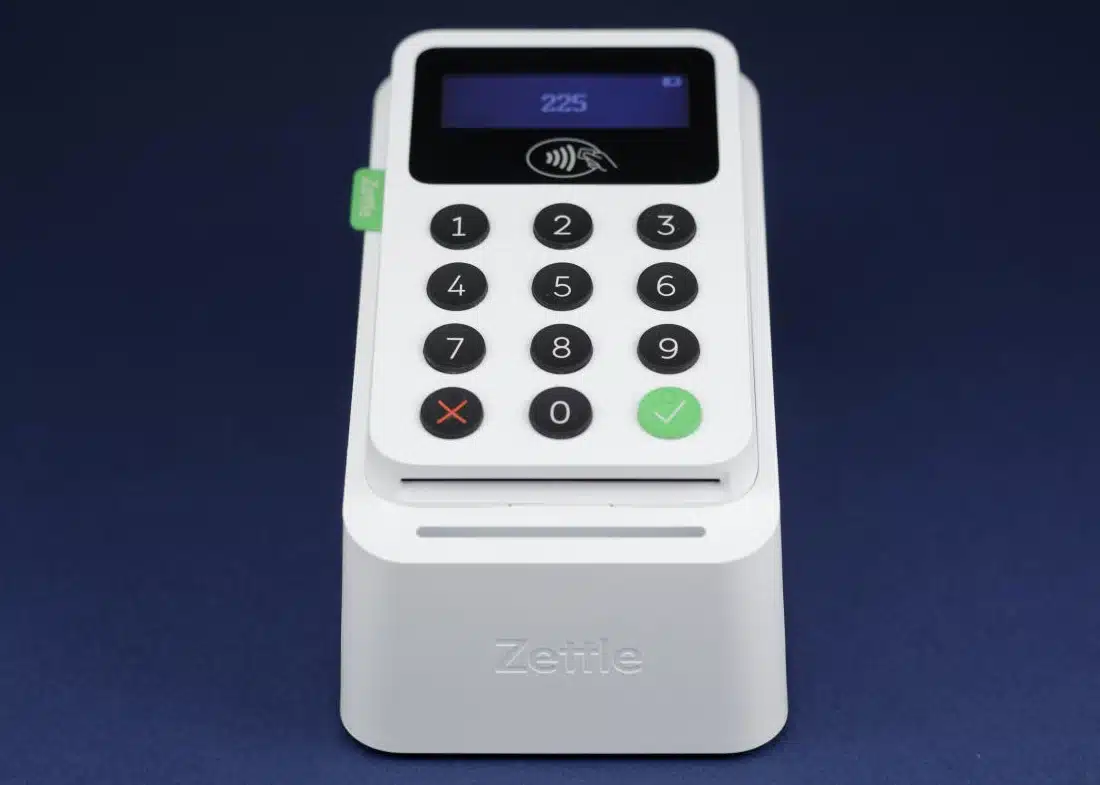
Zettle Reader can be purchased with a charging dock (pictured).
There are a few catches, though:
- This only works with the iOS Zettle Go app, not Android.
- The card reader should be connected to a power bank or charging dock, since it will be switched on 100% of the time.
- Your iPhone needs to be on the ‘do not disturb’ mode and unlocked for it to work.
Each transaction costs 1.75% regardless of the card being used. That’s less than 4p for a £2 donation, and there’s no monthly fee. Pretty much all card methods are accepted, incl. Visa, Mastercard, Amex, UnionPay, Diners Club, Discover, JCB, Apple Pay, Google Pay and Samsung Pay.
You can sign up for a Zettle account online in 10 minutes and order a card reader for £29 + VAT. Payouts in a bank account, which must correspond with your business or sole trader name, take 1-2 working days.
TiPJAR: custom QR code options for busking tips
TiPJAR was originally for collecting tips in hospitality, but has become one of the most established payment apps for street performers too.
The solution lets you order QR codes for audiences to scan with their smartphone camera. This opens a tipping page in their phone browser where they can tip any amount via Apple Pay or Google Pay.
The process is meant to be fast, but would be an obstacle for Samsung users or people not set up to use a mobile wallet.
Depending on availability, there is also an NFC-enabled board to order where people can tap their phones for a contactless donation.
Credit: TiPJAR
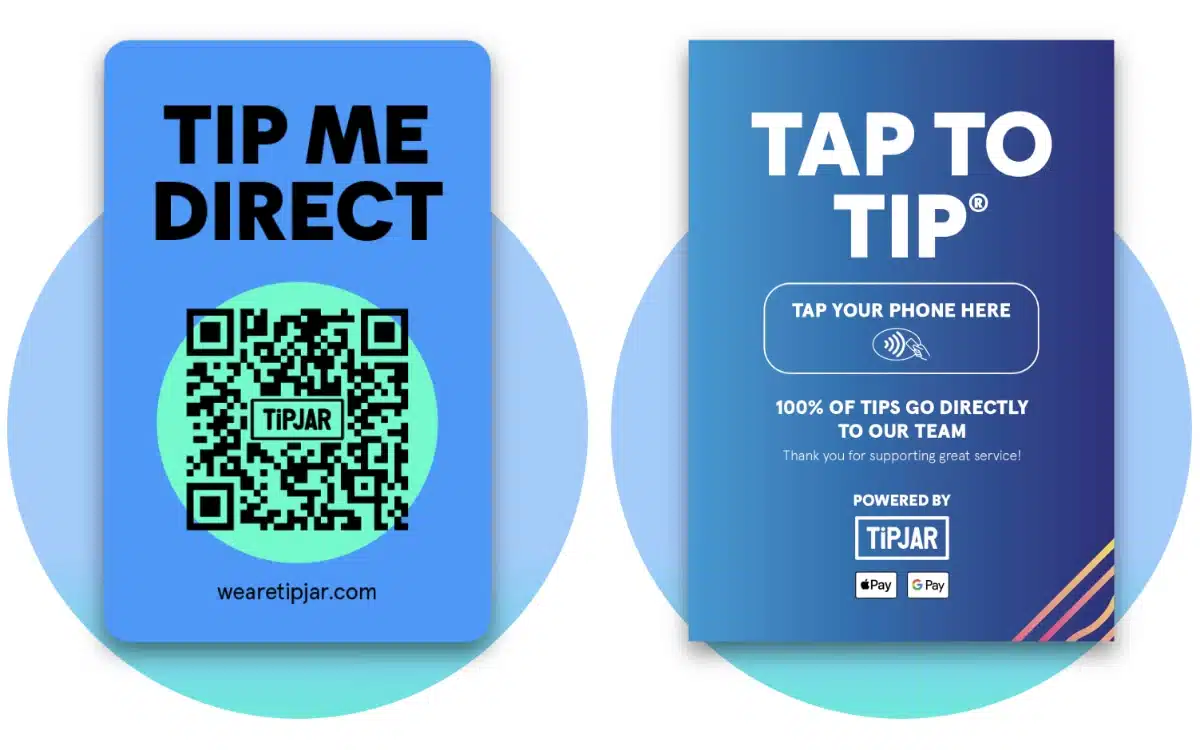
TiPJAR lets you accept mobile wallets payments via a QR code or contactless NFC board.
The TiPJAR app is a virtual tipping portal showing incoming tips and account settings. To receive the money in your personal bank account, you can request a payout in the app, which takes 3-5 days to process. The tips otherwise settle automatically in your bank account the first Tuesday of each month.
The free ‘Solo’ account for freelancers includes a customisable bio page online, but the sign-up ID check costs £2.99.
Transactions cost 4%, which customers can decide to pay on behalf of the busker.
To sign up online, you answer some questions about your busking business, submit a website or social media page showing what you do, among other details.
At the moment, TiPJAR isn’t accepting new Solo accounts, but they should resume applications at some point.

